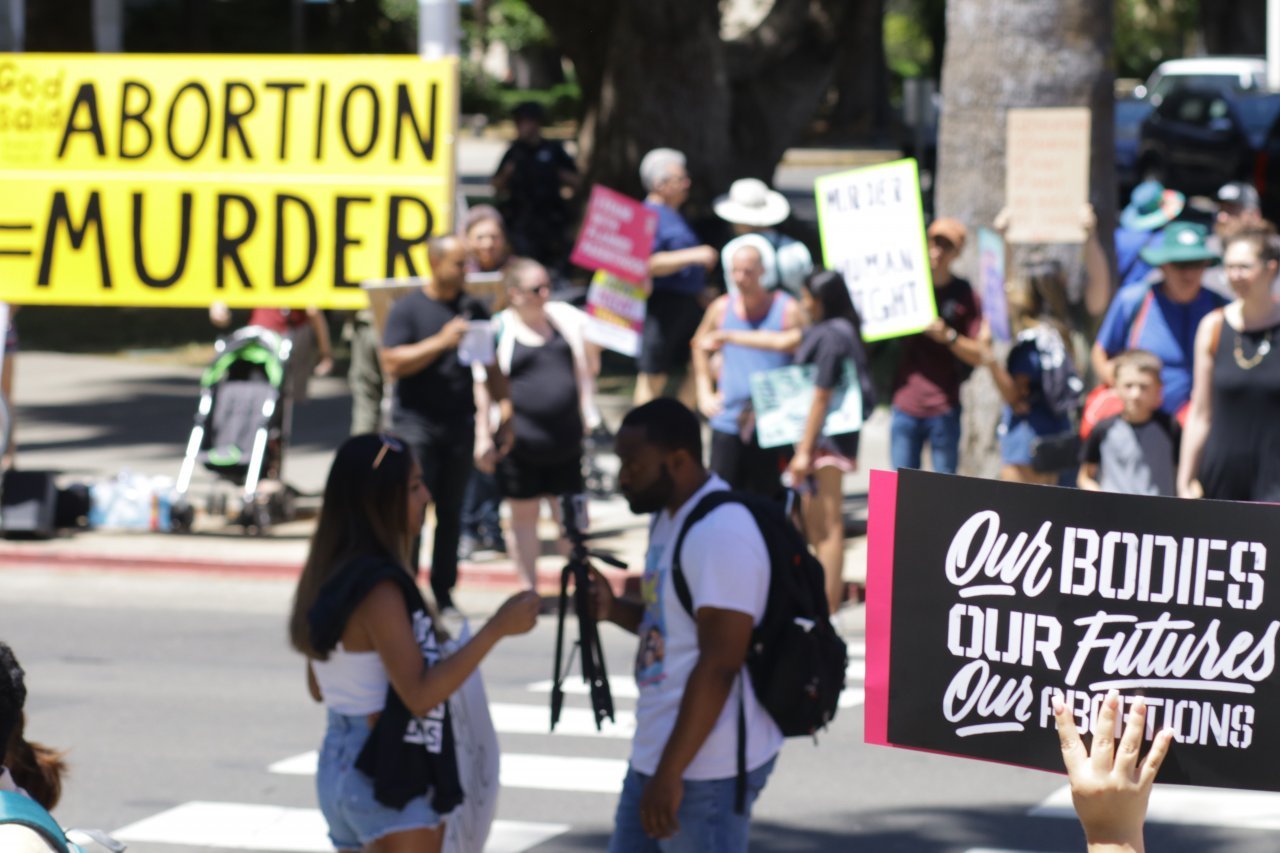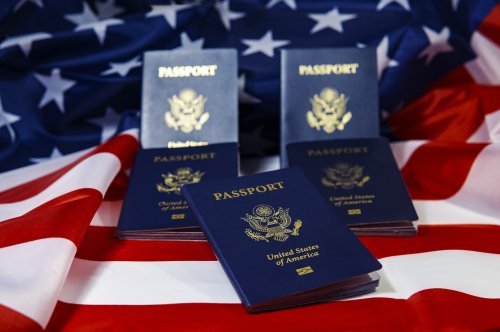Abortion and the Right to Life

Abortion has long been a contentious issue, with strong arguments on both sides of the debate. At the heart of the issue is the question of whether a fetus has a right to life that should be protected by law, or whether a woman has the right to control her own body and make decisions about her own reproductive health. This article will explore the complex ethical and legal issues surrounding abortion and the right to life.
The Right to Life
The right to life is a fundamental human right that is recognized by most countries around the world. It is enshrined in many international human rights treaties and is often protected by law. The right to life is based on the principle that all human beings have an inherent dignity and worth, and that every life is valuable and should be protected.
Abortion and the Right to Life
The issue of abortion is often framed as a conflict between the right to life of the fetus and the right to bodily autonomy of the mother. Those who oppose abortion argue that the fetus is a human being with a right to life that should be protected by law. They contend that abortion is equivalent to murder and violates the fetus's right to life.
On the other hand, those who support abortion argue that the right to bodily autonomy is paramount and that women should have the freedom to make decisions about their own bodies. They contend that the fetus is not yet a person with a right to life, and that the mother's right to control her own body should take precedence over the potential life of the fetus.
The Legal Status of Abortion
The legal status of abortion varies widely around the world. In some countries, such as the United States, abortion is legal and protected by law, while in others it is illegal and subject to criminal penalties. In many countries, including those where abortion is legal, there are restrictions on when and how abortions can be performed.
In the United States, the Supreme Court case Roe v. Wade established a constitutional right to abortion in 1973. However, this right is not absolute and is subject to restrictions by the state. Some states have passed laws that restrict access to abortion, such as requiring waiting periods, mandatory counseling, or ultrasound requirements.
In other countries, such as Ireland, abortion was illegal until recently. In 2018, a referendum was held to repeal the constitutional ban on abortion, and legislation was passed to allow for legal abortion in certain circumstances.
Conclusion
Abortion and the right to life are complex and contentious issues that involve questions of morality, ethics, law, and human rights. While there are strong arguments on both sides of the debate, it is important to recognize the deeply held beliefs and values that underpin each position. Ultimately, the decision about whether to allow or restrict abortion will depend on a variety of factors, including cultural norms, legal frameworks, and individual beliefs and values.













